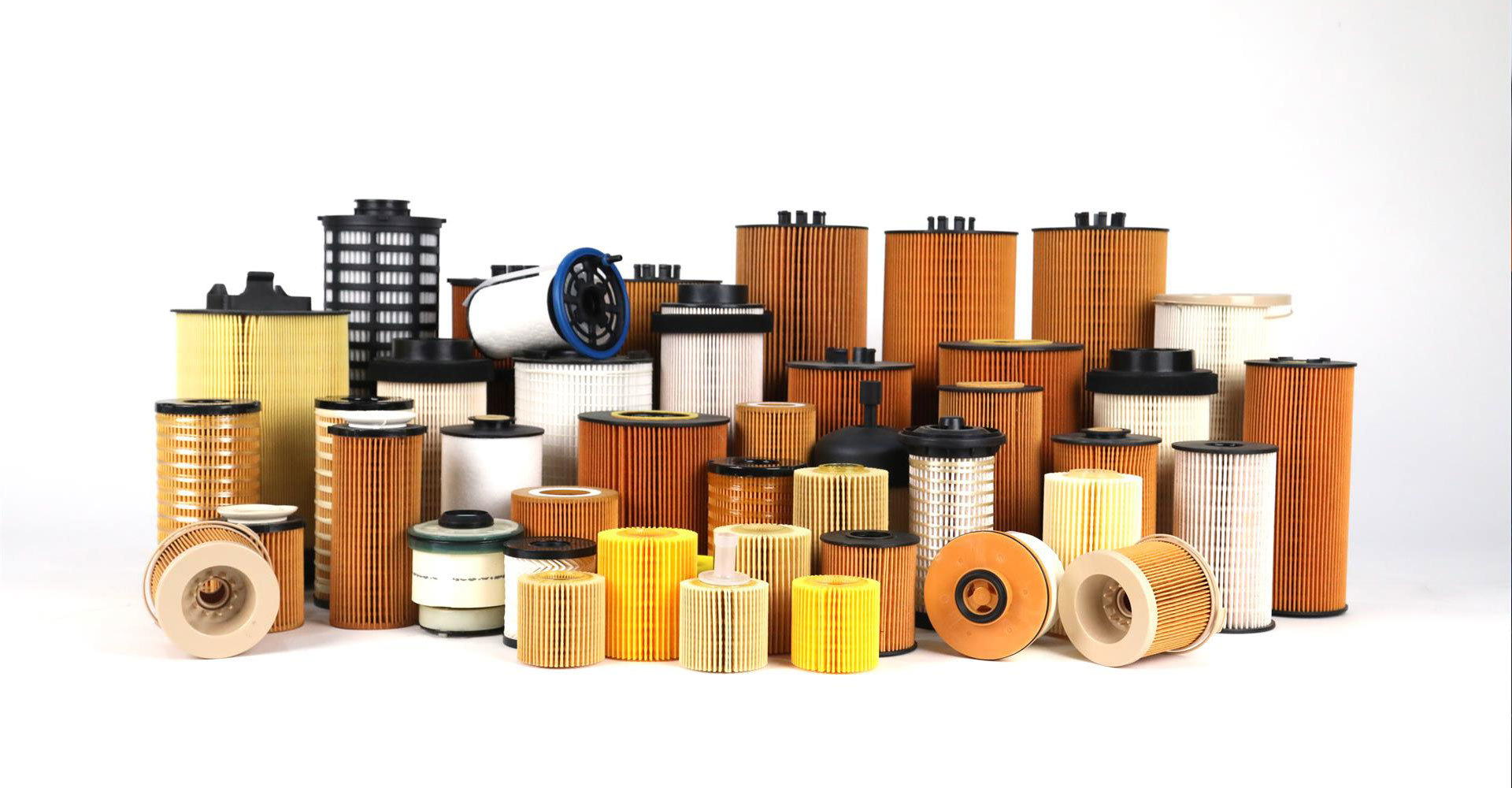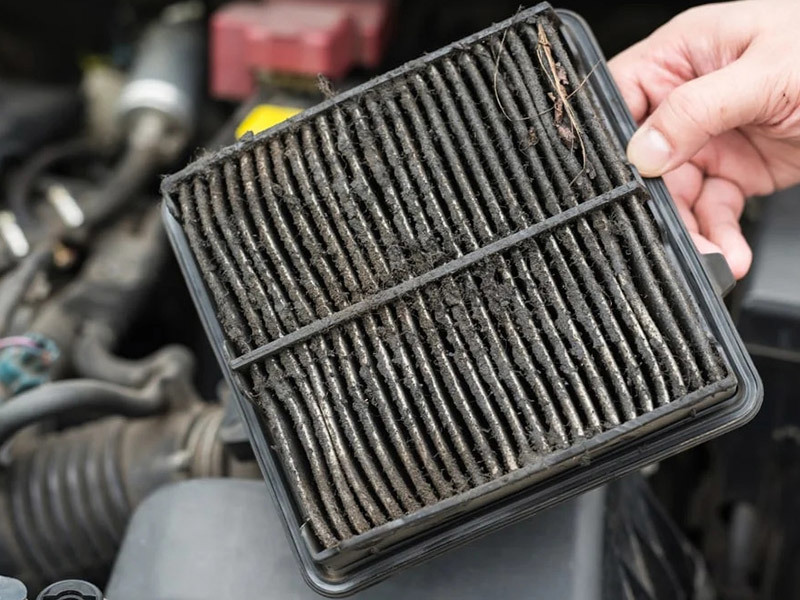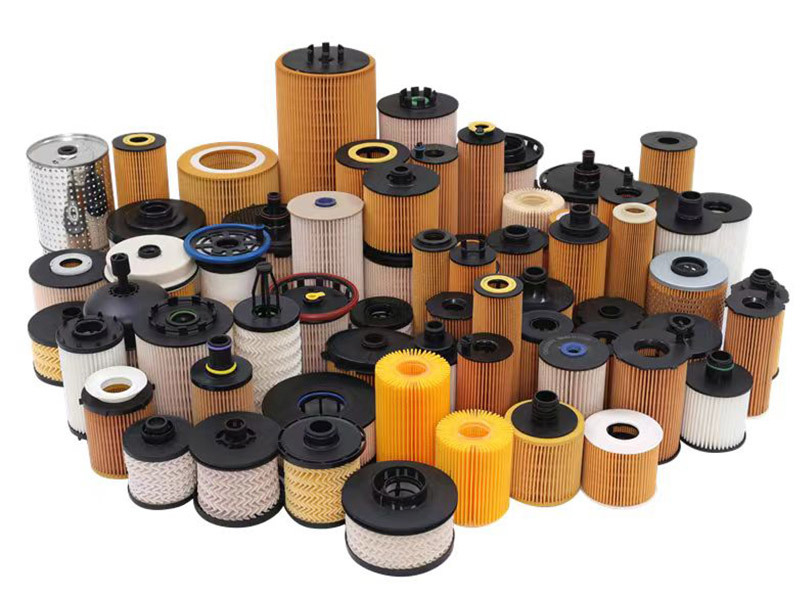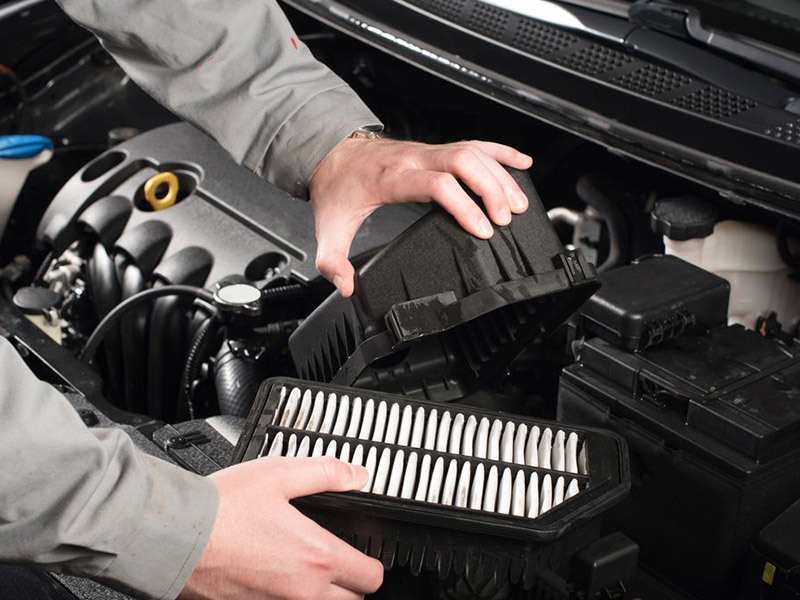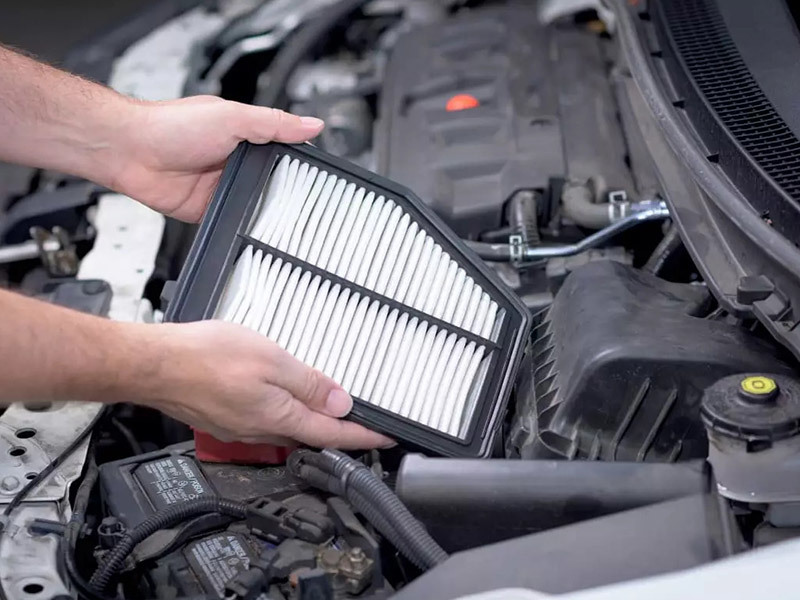Focus On Hot Spots
Contact Info
E-mail: tengsen@injenfilter.com
Business Phone: +86-18131928561
WhatsApp: +86-18131928561
Address: Ge Xianzhuang Zhen Wu Jia Na Cun Xi, Qinghe County, Xingtai City, Hebei Province
Maximize Fuel Efficiency by Upgrading Your Oil Filter Today
Release Time:
Oct 11,2025
Maximize Fuel Efficiency by Upgrading Your Oil Filter Today In today’s fast-paced world, where every drop of fuel counts, maximizing fuel efficiency is a priority for many car owners. One of the most impactful yet often overlooked components in achieving optimal fuel efficiency is the oil filter. An upgraded oil filter can serve as a powerful tool in enhancing your vehicle’s performance, longevi
Maximize Fuel Efficiency by Upgrading Your Oil Filter Today
In today’s fast-paced world, where every drop of fuel counts, maximizing fuel efficiency is a priority for many car owners. One of the most impactful yet often overlooked components in achieving optimal fuel efficiency is the oil filter. An upgraded oil filter can serve as a powerful tool in enhancing your vehicle’s performance, longevity, and fuel economy. In this comprehensive guide, we will delve into the significance of oil filters, how they influence fuel efficiency, and provide actionable insights on how to choose the best oil filter for your vehicle.
The Role of Oil Filters in Engine Performance
The oil filter plays a crucial role in ensuring that your engine operates smoothly. It removes contaminants and particles from the engine oil, which can cause wear and tear over time. Clean oil not only protects engine components but also ensures that your vehicle runs efficiently. A clogged or ineffective oil filter can lead to poor engine performance, reduced fuel efficiency, and ultimately costly repairs.
Understanding Different Types of Oil Filters
There are several types of oil filters available on the market, each designed to serve specific engine needs. Understanding these types can help you make an informed decision when upgrading your oil filter.
1. Mechanical Oil Filters
Mechanical oil filters utilize a physical barrier to capture contaminants. They generally work by using a filter media that traps dirt and debris as oil flows through. While effective, they can become clogged if not changed regularly.
2. Magnetic Oil Filters
These filters incorporate magnets to attract and capture metal particles, offering an additional layer of protection. They are often used in conjunction with traditional filters to enhance filtration capability and are beneficial for older engines where metal wear is more common.
3. Cartridge Oil Filters
Cartridge filters are designed for easy replacement and are often used in modern vehicles. They usually feature a plastic casing and can be eco-friendlier than traditional filters. Their efficiency can help maintain optimal oil flow.
Why Upgrading Your Oil Filter Makes a Difference
Upgrading your oil filter can yield significant benefits for your vehicle's fuel efficiency. Here’s why investing in a high-quality oil filter is worth it:
Enhanced Filtration Capability
Premium oil filters are designed to capture smaller particles than standard filters. Their advanced filtration technology not only keeps your engine oil cleaner but also prolongs the lifespan of engine components, resulting in a more efficient performance.
Improved Oil Flow Rate
High-performance oil filters are engineered to provide better oil flow. An efficient filter minimizes resistance, allowing oil to circulate freely through the engine. This enhanced oil flow can lead to improved fuel efficiency, as the engine doesn’t have to work harder to pump oil.
Reduced Engine Wear
Contaminants in engine oil can lead to increased wear and tear. By upgrading to a higher-quality oil filter, you can significantly reduce engine wear. Less wear results in fewer repairs and better fuel economy over time.
Choosing the Right Oil Filter for Your Vehicle
Selecting the best oil filter involves considering several factors to ensure compatibility and effectiveness. Here are some key points you should take into account:
1. Vehicle Compatibility
Always check your vehicle's manual for the recommended oil filter specifications. Different engines require different types of filters, and using an incompatible filter can lead to poor performance and damage.
2. Filter Specifications
Look for oil filters that meet or exceed OEM specifications. Filters with a high micron rating will trap smaller particles, providing superior filtration.
3. Brand Reputation
Choose filters from reputable brands known for quality and performance. Research customer reviews and feedback to gauge the effectiveness of a particular brand.
4. Price vs. Performance
While it can be tempting to go for the cheapest option, remember that investing in a high-quality oil filter will save you money in the long run by improving fuel efficiency and reducing maintenance costs.
How an Upgraded Oil Filter Improves Fuel Efficiency
Your vehicle's fuel efficiency can be dramatically affected by the quality of the oil filter. Here's how:
1. Reduced Energy Loss
A high-quality oil filter minimizes energy loss caused by oil resistance. When oil flows more freely, the engine operates more efficiently, ultimately leading to better fuel economy.
2. Effective Engine Temperature Management
Clean oil helps maintain optimal engine temperatures. An upgraded oil filter ensures that your oil remains uncontaminated, promoting better heat dissipation. This can prevent overheating and lead to improved performance and fuel efficiency.
3. Consistent Oil Viscosity
Premium filters help maintain the viscosity of the oil. When the oil retains its proper viscosity, it lubricates engine components effectively, reducing friction and enhancing fuel efficiency.
Tips for Maintaining Your Oil Filter
To maximize the benefits of your upgraded oil filter, regular maintenance is essential. Here are some tips:
1. Regular Oil Changes
Changing your oil regularly is crucial. Even the best oil filters can only perform effectively for a limited time. Following your vehicle’s maintenance schedule will ensure optimal performance.
2. Inspect Your Oil Filter
During oil changes, inspect your oil filter for signs of wear or leaks. A damaged filter can lead to contamination of your engine oil.
3. Use Quality Oil
Pairing your upgraded oil filter with quality engine oil designed for your specific engine can further enhance performance and efficiency.
Frequently Asked Questions (FAQs)
1. How often should I change my oil filter?
It is generally recommended to change your oil filter every time you change your oil, which is typically every 3,000 to 5,000 miles, depending on your driving conditions and vehicle type.
2. Can a new oil filter improve fuel efficiency?
Yes, an upgraded oil filter can improve fuel efficiency by ensuring cleaner oil circulation, reducing engine wear, and allowing for better oil flow.
3. Are expensive oil filters worth the investment?
Investing in a higher-quality oil filter can save you money on repairs and enhance your vehicle’s fuel efficiency, making it a worthwhile investment in the long run.
4. How do I know if my oil filter needs changing?
Signs of a clogged oil filter include decreased engine performance, lower oil pressure, and unusual noises from the engine. Regular checks can help you identify when a change is necessary.
5. What happens if I don’t change my oil filter?
Failing to change your oil filter can lead to engine damage due to contaminated oil, resulting in increased wear, lower fuel efficiency, and potentially costly repairs.
Conclusion
Upgrading your oil filter is a simple yet effective way to maximize your vehicle's fuel efficiency and overall performance. By understanding the role of oil filters, selecting the right type for your vehicle, and maintaining it properly, you can enjoy a smoother ride and save money at the pump. In a world where fuel costs are continually rising, making this upgrade is not just beneficial; it is essential for the smart car owner. Invest in a high-quality oil filter today, and experience the difference in your vehicle's efficiency and longevity.
Key words:


